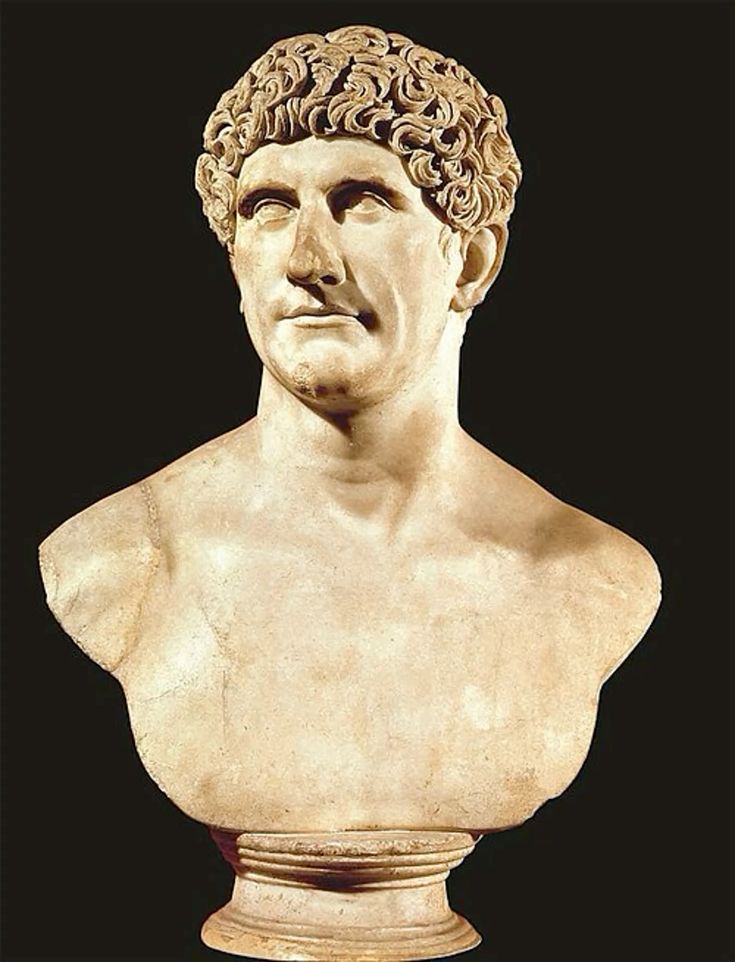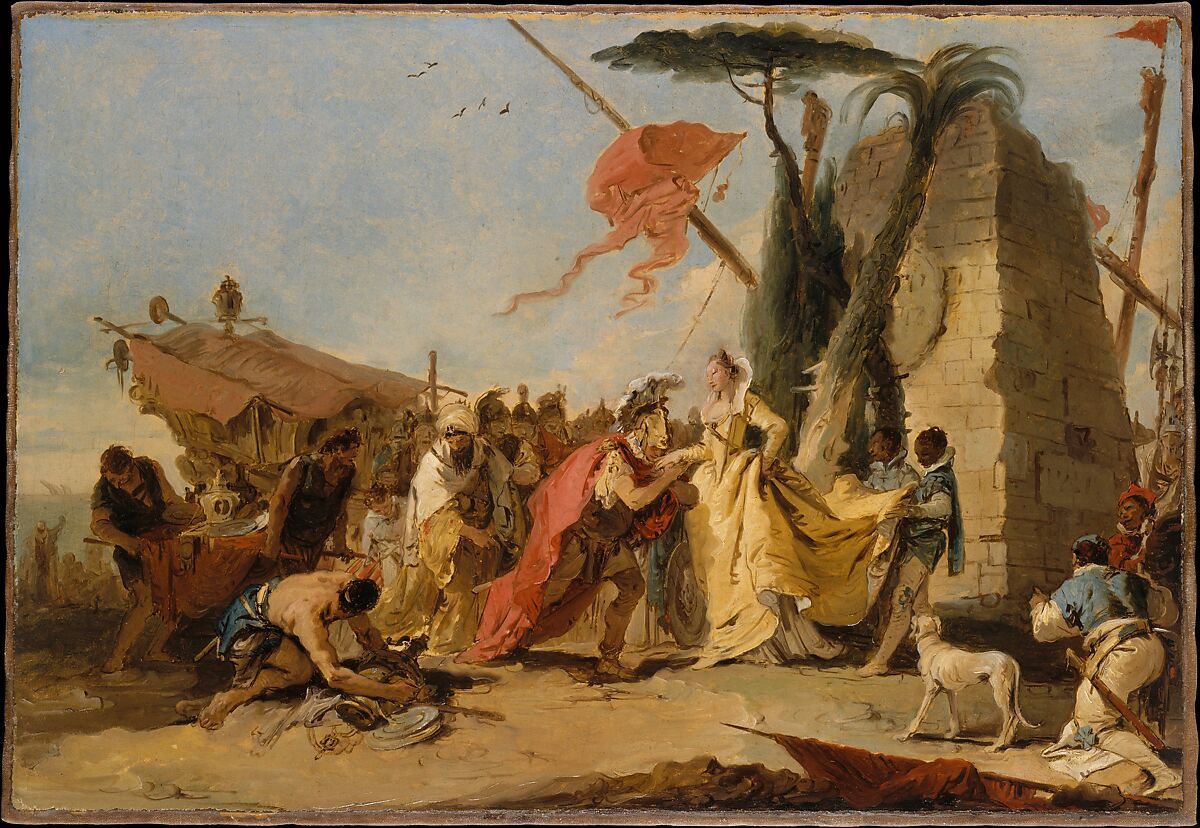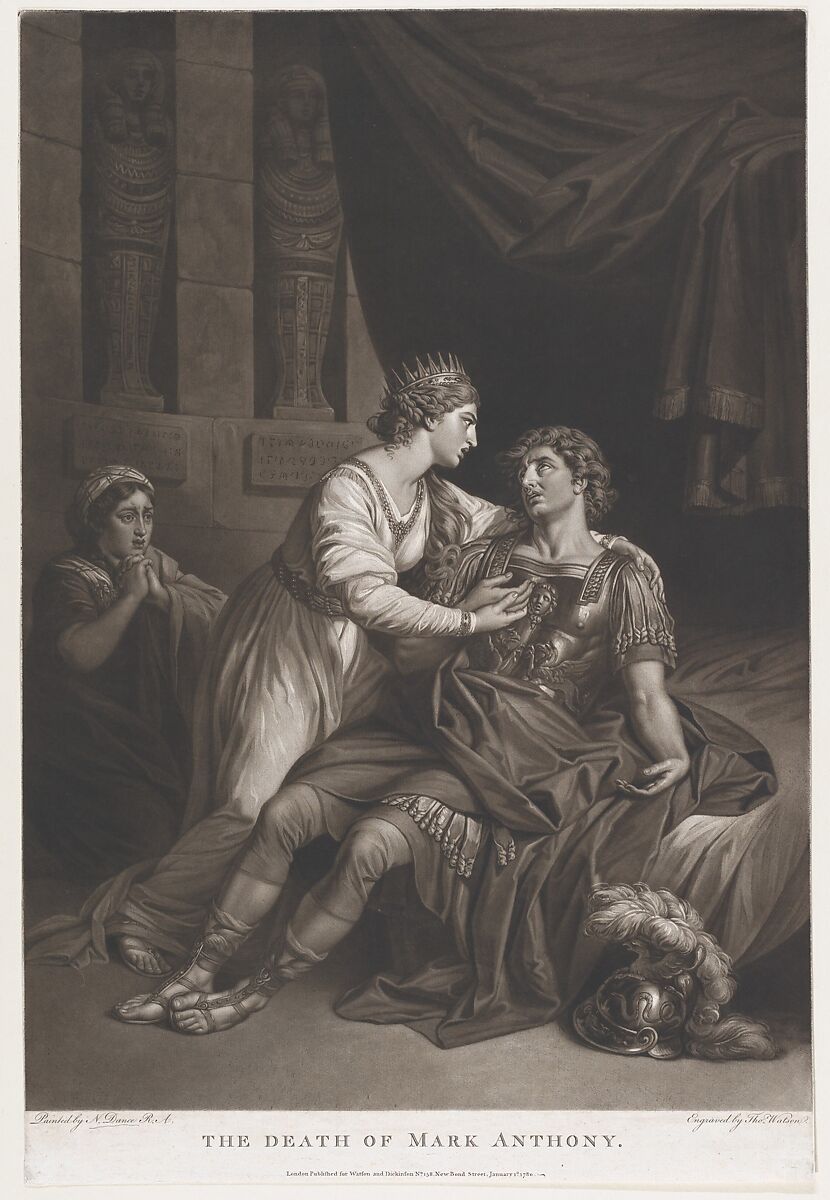
Mark Antony was born in 83 BC, in the dying light of a Republic.
Rome is in its death throes — allegiances shifting between courses at dinner, assassinations discussed over imported wine, civil war as routine as morning prayers. Into this beautiful chaos steps Marcus Antonius: soldier, orator, lover, legend. The kind of man who claimed descent from Hercules and lived every day trying to prove it.
A cavalry commander under Julius Caesar, Antony rose swiftly through ranks, known for his bravery, his magnetism, and his instinct for power. After Caesar’s assassination in 44 BC, Antony emerged as one of three leaders in a fragile alliance — the Second Triumvirate — alongside Octavian and Lepidus. But Antony was never suited to bureaucracy. He was a soldier, a performer, a man who felt most alive when leading men into battle or lovers into bed.
He was not faithful. Nor was he discreet. Antony was famously entangled with women across Rome and the East — including Fulvia, who ruled in his name while he was away; Glaphyra, a Cappadocian courtesan and mother of a future Eastern king; an actress named Volumina Cytheris, whose presence scandalised polite society; and even a rumour of Atia, the formidable mother of Octavian. He would later marry Octavia, Octavian’s sister, in a bid for political peace. But none of these alliances—romantic or transactional, could prepare him for Cleopatra.
When Cleopatra sailed into Tarsus in 41 BC, dressed as Aphrodite on a gilded barge, Antony was struck — not by the novelty of a queen, but by the reflection of himself. She was regal, theatrical, cunning, and divine. Like him, she believed in gods and stories. Like him, she lived as a myth. Their union was not just of bodies, but of archetypes: Dionysus and Isis, East and West, intoxication and rule.
Antony saw himself as a god in flesh. His love of Greek culture shaped his view of politics, power, and pleasure. He admired philosophers, worshipped Dionysus, and surrounded himself with dancers, musicians, and thinkers. To some, he was decadent. To others, dangerously romantic. But to Cleopatra, he was a man of her own kind, capable of both empire and ecstasy.
Together, they ruled the Eastern Mediterranean for over a decade, raising a royal family and envisioning a future rooted not in Roman austerity, but in Egyptian grandeur. But in Rome, their love was a threat. Octavian could not tolerate a rival dynasty. And so, in 31 BC, their forces were defeated at the Battle of Actium.
Mark Antony died by his own sword — believing Cleopatra had perished. She had not. But when he died in her arms, bleeding in the quiet of the mausoleum she had built, he became legend.
He was no saint. But he was more than a soldier. He was a man who tried to live as the gods do — fully, sensually, and without fear of ruin.


